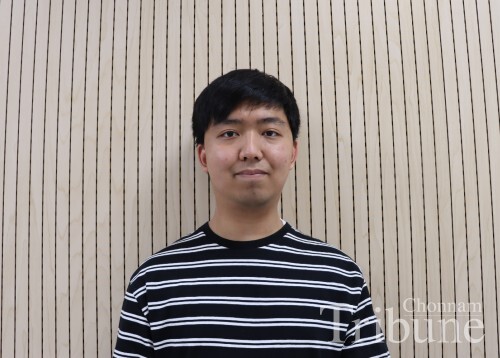
Being almost certain that nobody reading this has ever read “Sein und Zeit” (Being and Time) by German philosopher Martin Heidegger, I will try to explain it in the easiest way possible. Like all philosophical literature does, the book strives to find the answer to a simple yet perplexing question: “What are we?” However, while classic philosophies focused on answering “What are we doing here?” Heidegger tweaks the question and asks “What is ‘we’?” Unlike the past philosophers, who were theorizing the justification of human existence, Heidegger claimed that we had to start from the very beginning, by defining what “we” is.
To keep things simple, and by not over explaining whether this great philosophical suggestion had flaws or not, we can interpret Heidegger’s philosophy in easier terms. The “being” that is you, which is also every human, is a being that consistently brings question to their being-ness. And this “being” has to select their form by making relationships with every other being, and continue living in reality. This behavior is what makes us truly unique. This ability to think about the relationships between ourselves and other beings, and to be aware of the reality is what makes us more sophisticated than ordinary beings such as objects or other animals. This unique “Being” is renamed by Heidegger as “Dasein”, which means literally “being there” in German. Dasein is an interesting concept. It redefines humans, which is the basic reason why the word was coined in the first place. We are beings so unique that Heidegger wanted to create a new title for us.
But enough with the complex nomenclatures, could we actually be Dasein? As explained roughly above, to be Dasein is to constantly question yourself. From broader questions such as “What is the nature of everything?” to specific, self-targeted questions such as “Is this the world I would like to strive in going forward, even though I may realize that it is not worth it?” The world sometimes seems to be a cruel place, with pre-existing norms and regulations trying to devour us the moment they see the opportunity. And Heidegger says it is okay to be scared. Surprisingly, Dasein is not a superhuman being who transcends every obstacle they face. Dasein recognizes that we are only beings who are thrown into the world by pure chance. Despite this thrownness, we can still embrace this fate by positively changing the things we can. This embrace defines and strengthens Dasein once again, making their “Being” more outstanding inside the “Time” they are in.
The term “Amor Fati”, meaning “love of one’s fate”, is favored by many. Perhaps it is because of the soothing nuance that comes from the term itself, combined with the desire of us wanting somebody to say that everything will be okay. Why not go the extra mile and seek out the things you can change? A simple word or an action of kindness, given out to the people you cherish would be a good start. While Dasein still means “being there”, you do not necessarily have to always “stay there” to love your fate.
By Jo Beom-seo, Editor-in-Chief

